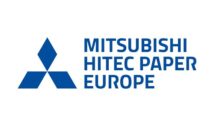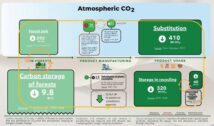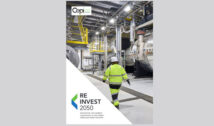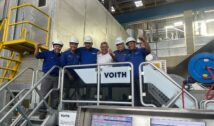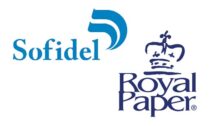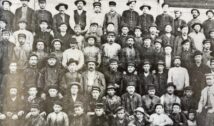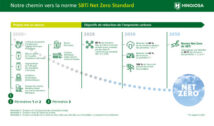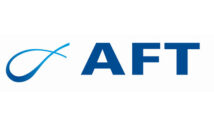
UPM continues to aim for business-specific collective bargaining with the Paperworkers’ Union but has also begun preparations for arranging working conditions temporarily without a collective labour agreement until agreements with the union are signed. During this week UPM communicates the temporary terms of work to employees of businesses where the contractual party is the Paperworkers’ Union.
The current collective agreements between the Paperworkers’ Union and The Finnish Forest Industries Federation will end on 31 December 2021. After termination, the current agreement has no binding effect as the parties of the agreement change. The time for negotiation is running out, so UPM must prepare for a situation where no agreement is in place.
“To ensure business continuity and payroll, we will prepare to arrange working conditions after the turn of the year according to labour law, UPM practices and personal employment contracts. With business-specific collective bargaining, we can offer better terms for everyone than without an agreement. Entering the negotiations with the Paperworkers’ Union is still our goal”, says Executive Vice President Riitta Savonlahti of UPM Human Resources.
An important topic in the negotiations would be employee representation. Union affiliated shop stewards have a key role in developing operations and building a constructive culture of co-operation. UPM has a wide-ranging system of employee representation in all its businesses and considers this to be an important goal also for the future.
The working conditions communicated during this week enable the continuation of operations after the turn of the year, but do not represent business-specific goals for the negotiations. The businesses will state their goals only after the negotiations have begun.
Operating without a collective labour agreement will have implications, for example, in the mills’ working time system, pay structure and possibility of accounting union fees. Under the current collective agreement with the Paperworkers’ Union the average annual gross salary of our worker with regular working hours in continuous three-sift work is approximately 63 000 euros and the weekly working hours are 34.5. In addition, UPM’s short term incentive scheme applies to all employees. The short-term incentive scheme is a part of comprehensive UPM Benefits, which remains in place also in a situation where collective labour agreement is not in place.
UPM Benefits ensure safety in varying life situations as well as include elements of remuneration and development of skills. The benefits surpass the standards set in law and collective agreements in many respects, and they apply to all personnel in Finland regardless of the personnel group or collective agreement.
Since spring, UPM businesses have sought to enter business-specific collective bargaining with the Paperworkers’ Union and employee representatives to negotiate flexible ways of organising work, working hours and salaries, as well as competence development within businesses. For the time being, contact has been made only in UPM Biofuels, where parties have met and exchanged information on premises for the negotiations.
The Paperworkers’ Union is currently a negotiation partner for five businesses within UPM. In two other businesses the negotiation partner is the Industrial Union, that has been negotiating with UPM for months. Each UPM business has revenues corresponding to at least a medium-sized listed company, and their products, markets and operating environment differ significantly.
For UPM, it is important to involve a much larger group of people in the negotiations than before. In addition to the union representatives, business management and local employee representatives would also be involved, bringing the much-needed understanding of business and the everyday work at the mills to the discussions.


